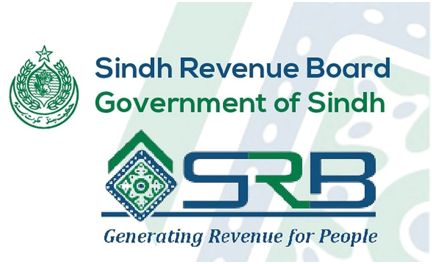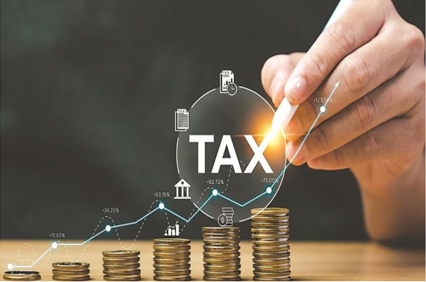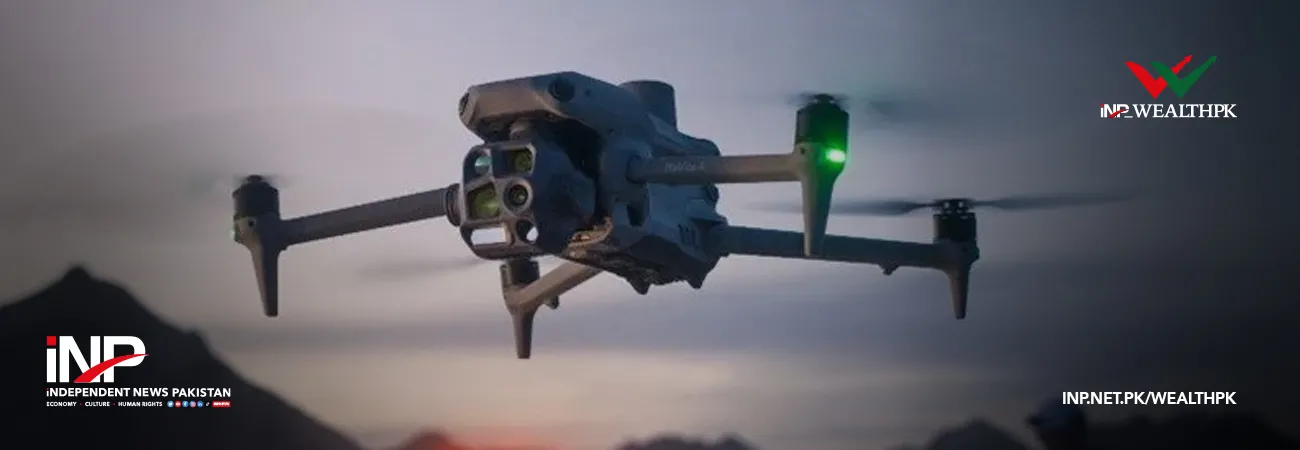آئی این پی ویلتھ پی کے
Ahmed Khan Malik
In an effort to reduce reliance on the federal transfers, improve fiscal autonomy, and create more space for development, the Sindh government has projected growth in revenue collection in the next three fiscal years under its revenue mobilization policy, reports Wealth Pakistan.

The projected revenue collection is Rs3.6 trillion in 2027-28 from Rs3.1 trillion for the current fiscal.
Talking with Wealth Pakistan, Mushtaq Soomro, Director of the Revenue Mobilization Wing of the Sindh Finance Department, said improving tax collection is central to the province’s broader economic agenda.
By setting higher revenue targets and strengthening enforcement mechanisms, the government hopes to achieve a steady growth in receipts from sales tax on services, property levies, motor vehicle tax, infrastructure cess, and other provincial sources, he said.

“The medium-term plan envisions annual growth in revenue collection, supported by administrative reforms and new technology. The government seeks to not only increase the tax net but also broaden its scope by simplifying procedures and removing inefficiencies that have historically constrained collection,” Soomro said.
According to the plan, Sindh intends to raise tax revenues gradually each year, with a projected double-digit growth rate across most categories. The Sindh Revenue Board, the Board of Revenue, and the Excise and Taxation Department will remain at the center of this strategy.
The roadmap outlines specific steps for each year, as the first year will focus on consolidating the existing revenue streams and ensuring strict compliance in sectors such as sales tax on services and motor vehicle registration. Year Two will introduce new digital initiatives, including online tax payment systems, improved monitoring, and better coordination among provincial agencies, while the third year aims to expand the tax base by bringing untapped sectors into the net, with agricultural income tax and improved property tax assessments expected to contribute significantly.
Soomro said technology is seen as the cornerstone of this reform agenda. The government is working to digitize land records, introduce point-of-sale monitoring systems in commercial sectors, and implement mobile-based applications for payments and compliance. By modernizing data management, officials hope to minimize leakages and increase transparency.
A pilot initiative in the restaurant and retail sectors has already demonstrated how digital tools can substantially boost collections. Building on such successes, the government plans to expand these measures across other industries.
While the focus is on boosting revenue, Soomro said, the government has also pledged to simplify the tax system for citizens. Several small and redundant levies are being merged or abolished to ease compliance. Authorities argue that simplifying taxes will encourage voluntary compliance and strengthen the culture of taxation in the province.
The Sindh finance department official stressed that the reform does not aim to burden citizens with new taxes but to ensure that the existing obligations are fairly and efficiently collected. Relief has been provided in areas such as professional taxes and small fees, while the emphasis has shifted to larger, better-defined sources of income.
Credit: INP-WealthPk





